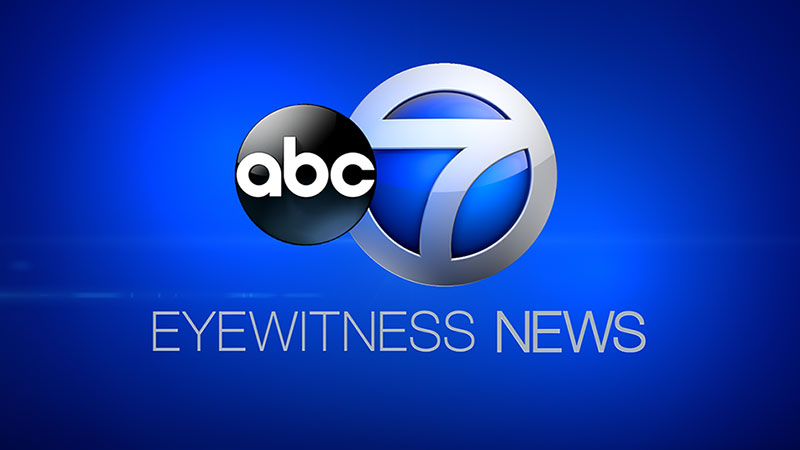Under-protected, deadly train crossings in Chicago area
ABC7 I-Team Investigation
CHICAGO (WLS) -- The ABC7 I-Team investigated Chicagoland train crossings and uncovered collisions happening with little warning.
The rails' failing grade results from a fatal combination. Illinois has the second-most miles of train tracks in the country and the second largest number of crossings, putting people in the paths of trains every day across the state, with more than 100 collisions a year statewide.
The I-Team uncovered why some train crossings have minimal warning devices and how illegal paths people use to save time in the suburbs could be dangerous and deadly.
At 115th and State on Chicago's South Side, bells and gates warn drivers that a train is coming. But even though the train tracks divide an elementary school from the neighborhood where the students live, there's nothing to stop pedestrians at the crossing.
"Right here, I feel like maybe they could have more precautions and things like that," said Sparkle Brown. "When my kids walk back and forth through here, I let them know, you are not supposed to cross that white line there. When you cross, you hurry up and get across that train track because I don't want to be that parent."
This crossing has a deadly history. A man was killed walking here in May 2013 and it's so popular that even a Google Maps camera caught people pushing a baby carriage across the tracks.
"There should be more signs and warnings and stuff to stop the people from actually crossing the tracks if the train is coming," said neighborhood resident Devanna Adams.
More than 100 collisions happen at Illinois train crossings every year. In some metro Chicago accidents, there is little warning.
In Bedford Park last December, a tractor trailer didn't stop and collided with a train. The crossing here has a sign, but no gates or lights.
The I-Team examined state collision data and uncovered 71 collisions in the past two years at crossings where the driver or pedestrian did not stop, and the majority of those were at crossings without gates and lights, only marked with some type of sign.
"Unfortunately, there are, every year, collisions and fatalities that are occurring at passive crossings, but it's hard to say that crossing with gates there would have helped or not," said Chip Pew, Illinois Commerce Commission.
Pew, who investigates rail accidents across the state, says train crossings on private land are also a concern. They are often unmarked and not required to have safety warnings.
"At those crossings that they're using, many of which are private, they need to pay extra attention as to whether or not a train is coming," said Pew.
Now state officials warn of a growing problem with people trespassing and crossing train tracks where there are no actual marked crossings. Consider one site in Highland Park where the tracks run right between the neighborhood and a popular bike path.
"There's no crossing here and you can see that there's brush, so somebody comes out with their bike or they're running, there's no way that that train is going to be able to stop in time," said Pew. "These situations exist everywhere."
Consider a spot off Lake Cook Road in Deerfield. People get dropped off in a shopping center parking lot and then run up trails trying to make it across the tracks to the Metra stop on time, potentially popping out right in front of a train.
"It's not a situation of if something will happen in these types of areas, it's when. And we want to be proactive so that that when isn't soon," said Pew.
State officials say they make millions of dollars a year worth of crossing improvements, but have to prioritize upgrades based on traffic or the dangers of specific crossings.
What to do if your car ever gets stuck in the path of an oncoming train:










